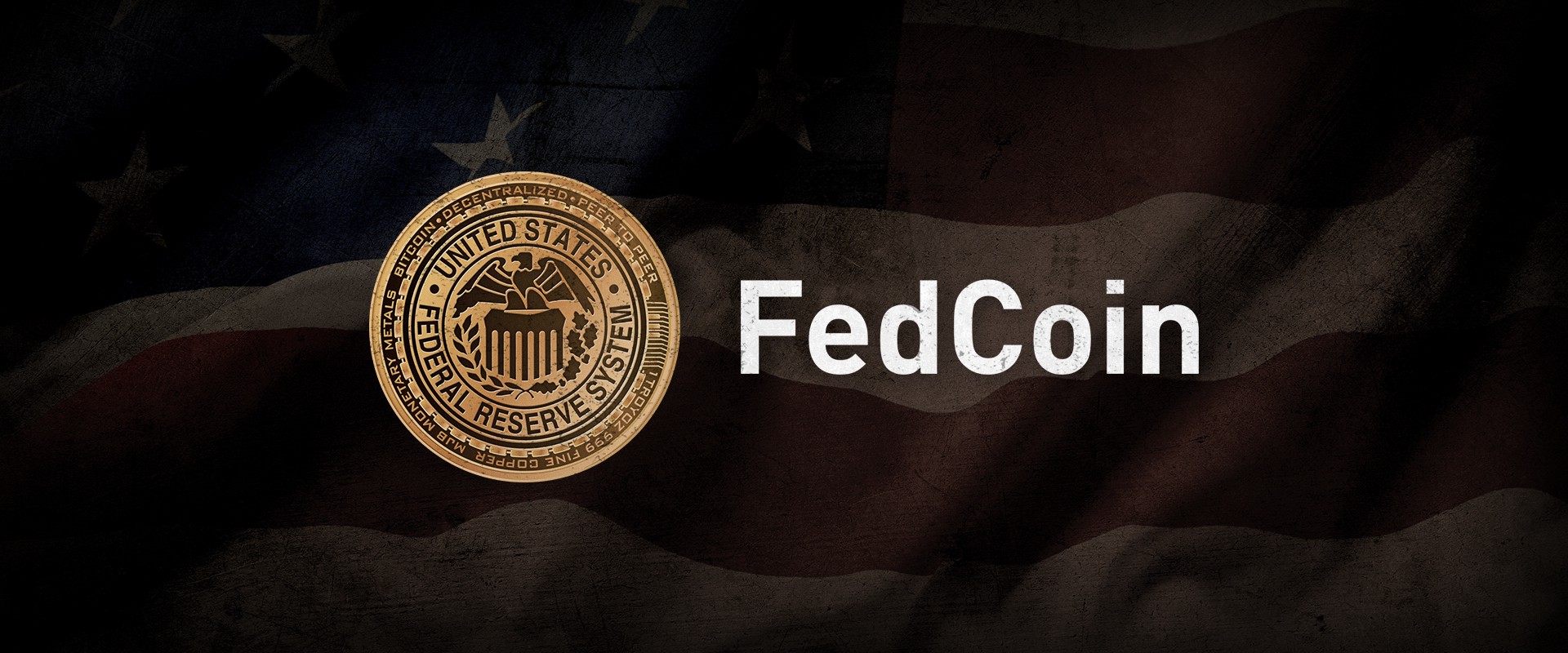PALO ALTO, Calif. (Reuters) - The Federal Reserve is taking a look at a broad series of issues around digital payments and currencies, consisting of policy, style and legal factors to consider around potentially releasing its own digital currency, Guv Lael Brainard said on Wednesday. Brainard's remarks recommend more openness to the possibility of a Fed-issued digital coin than in the past." By changing payments, digitalization has the potential to provide higher value and benefit at lower cost," Brainard said at a conference on payments at the Stanford Graduate School of Business.
Reserve banks worldwide are debating how to manage digital finance technology and the distributed journal systems used by bitcoin, which promises near-instantaneous payment at possibly low expense. The Fed is establishing its own round-the-clock real-time payments and settlement service and is currently evaluating 200 remark letters submitted late last year about the suggested service's design and scope, Brainard said.
Less than two years ago Brainard informed a conference in San Francisco that there fed coin is "no engaging demonstrated requirement" for such a coin. However that was prior to the scope of Facebook's digital digital fedcoin currency aspirations were widely understood. Fed officials, consisting of Brainard, have raised concerns about customer defenses and data and personal privacy hazards that could be positioned by a currency that could enter into use by the third of the world's population that have Facebook accounts.
" We are working together with other reserve banks as we advance our understanding of main bank digital currencies," she said. With more nations checking out providing their own digital currencies, Brainard said, that includes to "a set of reasons to also be ensuring that we are that frontier of both research study and policy development." In the United States, Brainard stated, issues that need study consist of whether a digital currency would make the payments system safer or easier, and whether it might posture monetary stability threats, including the possibility of bank runs if money can be turned "with a single swipe" into the reserve bank's digital currency.
To counter the financial damage from America's unprecedented national lockdown, the Federal Reserve has actually taken unmatched steps, including flooding the economy with dollars and investing directly in the economy. The majority of these relocations received grudging acceptance even from numerous Fed skeptics, as they saw this stimulus as needed and something only the Fed could do.
My new CEI report, "Government-Run Payment Systems Are Hazardous at Any Speed: The Case Versus Fedcoin and FedNow," information the threats of the Fed's present prepare for its FedNow real-time payment system, and propositions for central bank-issued cryptocurrency that have actually been called Fedcoin or the "digital dollar." In my report, I go over concerns about privacy, data security, currency manipulation, and crowding out private-sector competition and development.
Proponents of FedNow and Fedcoin state the government needs to produce a system for payments to deposit immediately, instead of motivate such systems in the economic sector by raising regulative barriers. But as noted in the paper, the economic sector is offering a relatively unlimited supply of payment technologies and digital currencies to fix the problemto the degree it is a problemof the time gap in between when a payment is sent out and when it is gotten in a savings account.
And the examples of private-sector development in this location are lots of. The Cleaning House, a bank-held cooperative that has been routing interbank payments in different forms for more than 150 years, has actually been clearing real-time payments given that 2017. By the end of 2018 it was covering half of the deposit base in the U.S.
